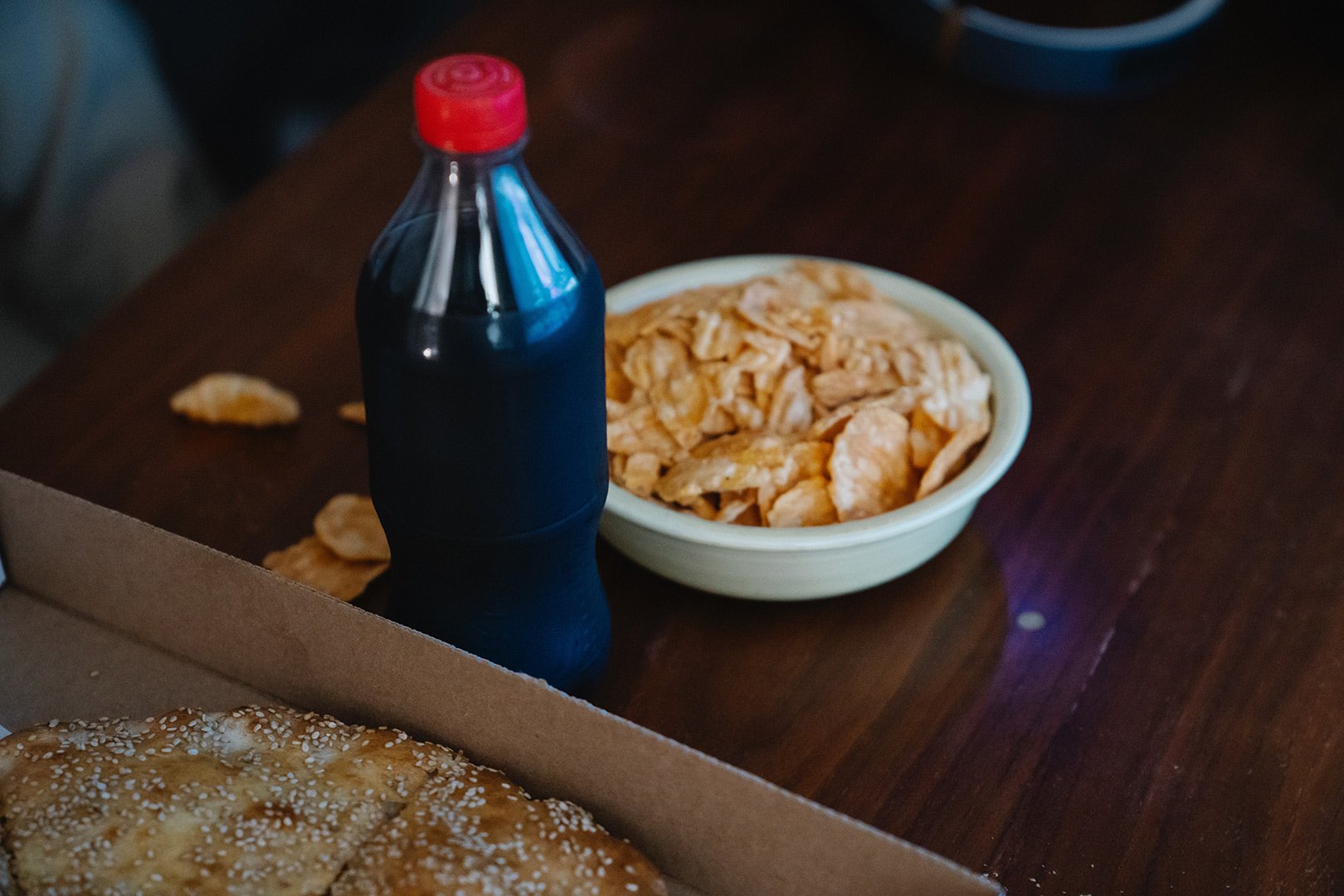
September is National Childhood Obesity Awareness Month – and there has never been a better time to advocate for healthy habits in children. According to the Center for Disease Control, one out of every five children in the United States suffers from obesity. Childhood obesity is a significant problem in our own Los Angeles community, where this same rate – one in five children – is reflected. Obese children face all sorts of obstacles that make life stressful, uncomfortable, and emotionally complicated. They are at an increased risk of high blood pressure and cholesterol, type 2 diabetes, breathing problems such as asthma, sleep apnea, joint and mobility problems, and more. These problems can continue to develop and play out throughout a young person’s development and adolescence. When obese children become obese adults, they face a laundry list of potential physical and mental health challenges, from heart disease and cancer to depression and anxiety.
To make matters worse, obesity can affect a child’s self-esteem, confidence, and ability to socialize in healthy ways. Children with obesity suffer from bullying and teasing more often than their peers and are more likely to feel lonely, inadequate, or depressed. According to some studies, obesity can cause fatigue and poor performance at school.
So how do children become obese? The answer is complicated. There are some obvious answers, such as lack of activity, easy access to high-calorie, fattening foods and snacks, and social habits. Digging deeper, obesity is often a nuanced problem that is rooted in genetics and family predispositions as much as it is in social conditions. The Los Angeles County Department of Health created an insightful report on childhood health issues that links obesity with a lack of places to perform sports activities, play, or be active in the community. Only 30% of Los Angeles residents live within a quarter-mile of a park. For low-income families without cars, this means that outdoor recreation is a hassle. Plus, LA has four times as many fast-food chains and convenience stores as supermarkets or produce vendors. The COVID-19 pandemic has also encouraged a more sedentary lifestyle with lots of time spent in front of screens.
There are many factors beyond our everyday control that would facilitate healthier lives for children and families. However, it is critical that families take child obesity seriously – and get ahead of health issues before they get out of control. Here are a few things families can do to prevent obesity in children:
- Cut down on snacking. Bags of chips, sodas, and candy are not only risky foods to eat regularly – their high sodium and sugar content makes them addictive.
- Find other ways to reward children. Instead of celebrating accomplishments with junk food, think of healthy alternatives – like a trip to the beach, a gift, or a play date with friends.
- Cook at home as often as possible. Make colorful meals that include vegetables, fruits, whole grains, and fiber.
- Make a habit of drinking water. Have water available all the time. If your kids aren’t reaching for it, try flavoring it with an orange slice or a splash of fruit juice. Staying hydrated is vital – especially in dry, hot LA! Plus, a hydrated child is less likely to overeat.
- Stick to a consistent sleep schedule. Under-rested children have unpredictable appetites and are more likely to develop unhealthy habits.
- Make physical activity something to look forward to. Set a goal – say, 45-60 minutes of physical activity each day — and stick to it! Families are encouraged to go for a bike ride, walk, or run together. Being a role model and getting active with your child is a great way to spend quality time together. Dancing, soccer, wrestling, throwing a frisbee – there are countless ways to get moving that are collaborative and fun.
- Be aware of your child’s health. You can check out the CDC’s Child and Teen Body Mass Index Calculator to determine whether their weight is healthy.
At Maryvale, we take children’s health seriously. Our Early Education Program, After School Program, and Residential Services create opportunities to build healthy, life-affirming habits through wholesome food, physical activity, and learning. To learn more about how Maryvale shows up for our community, please visit our website.






